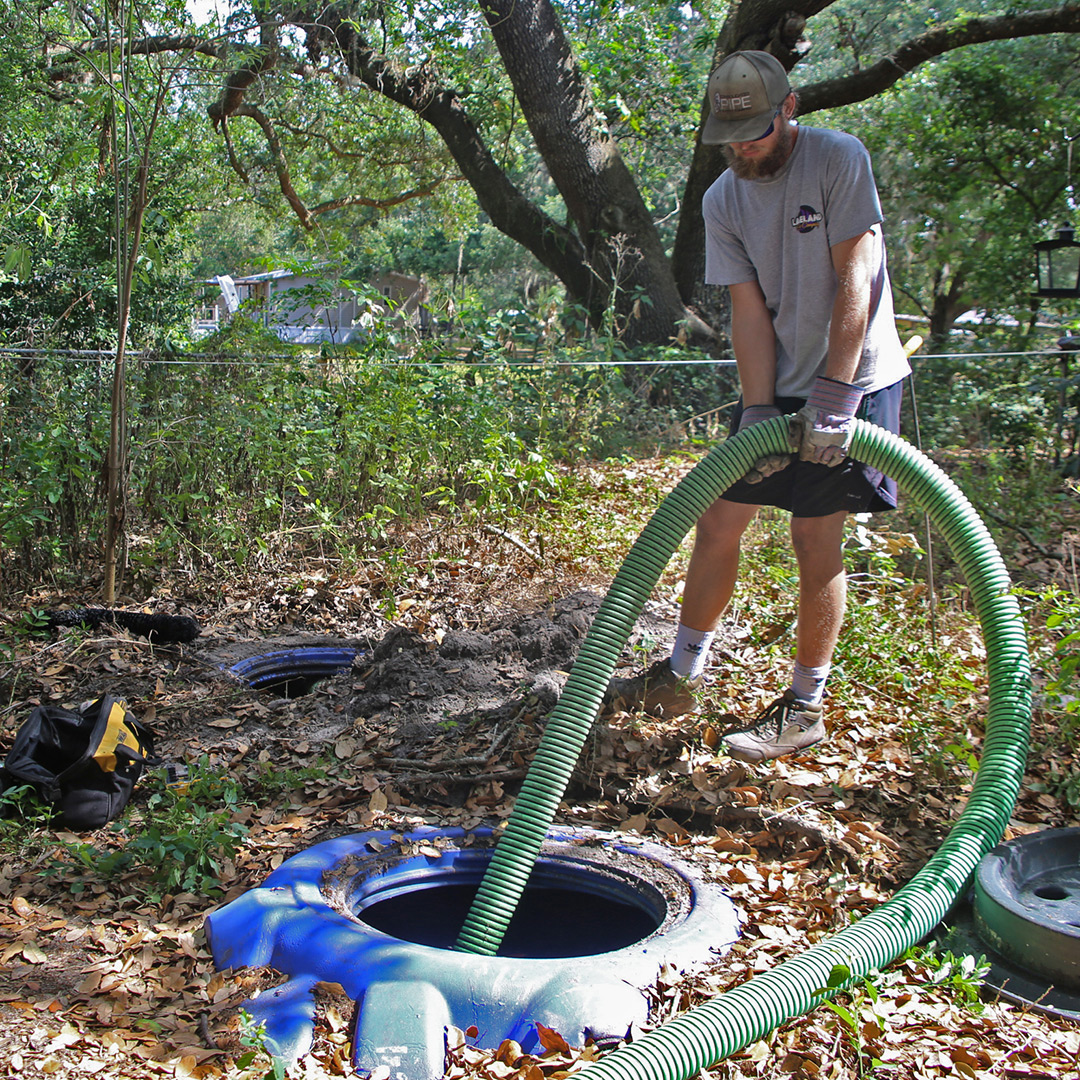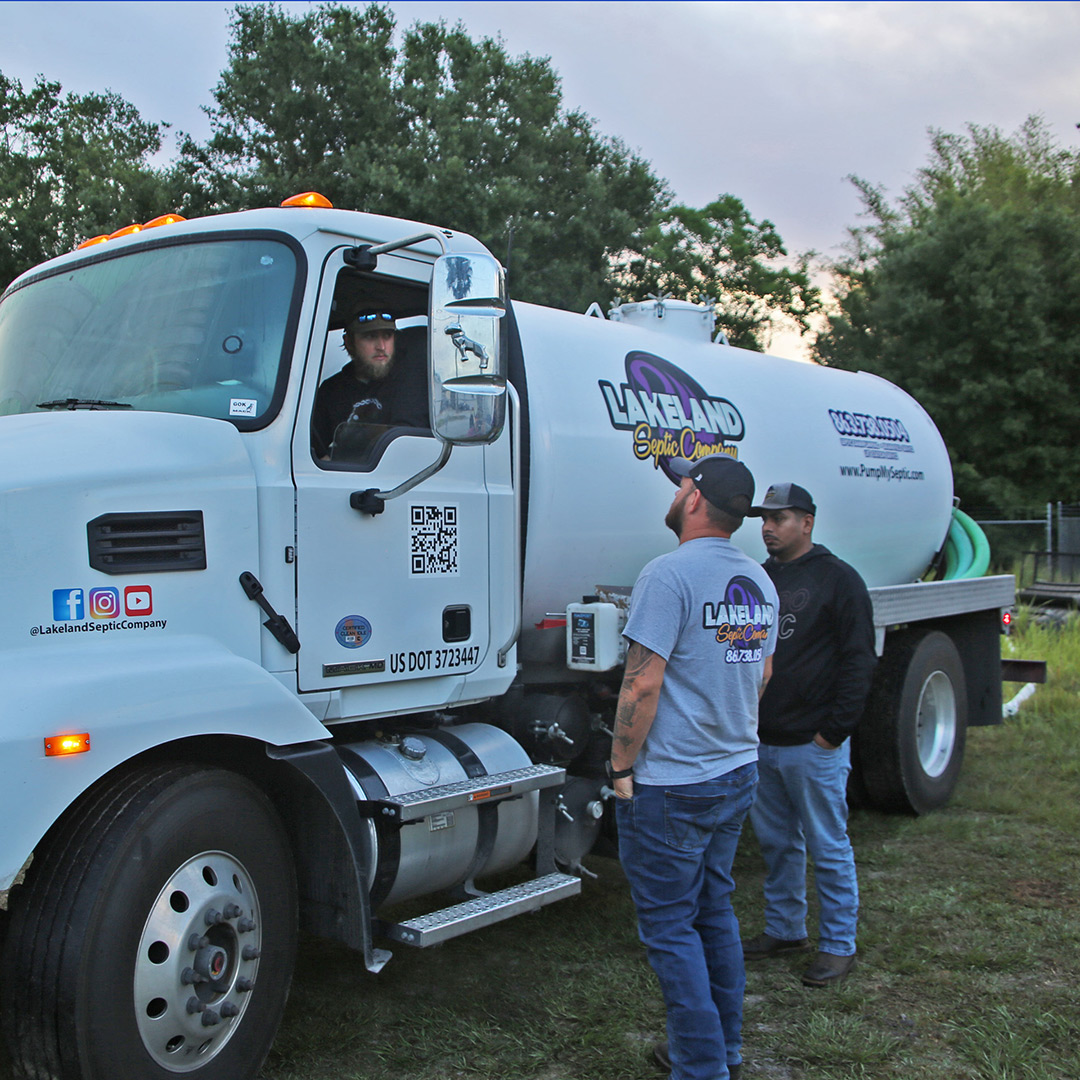Are Septic Tank Additives Good or Bad?
You’ve seen the ads on TV; you may have seen the products in grocery stores or big box hardware stores. Septic tank additives promise an instant remedy to your septic tank problems. It all seems too good to be true. All these promises may have you asking- are septic tank additives good or bad? It’s not an unreasonable question. Since your septic system is critical to keeping your home sanitary, it is crucial to know if a product will harm or help it. So, let’s investigate whether septic tank additives’ claims are valid.
 What are Septic Tank Additives?
What are Septic Tank Additives?
Septic tank additives come in two main categories:
Biological additives
These are made of bacteria, yeast, or enzymes. They’re supposed to enhance the bacterial population in the tank and speed up the decomposition of waste.
Chemical additives
These can include inorganic and organic compounds like acids, alkalis, and solvents, which claim to break up clogs and sludge.
Do Additives Work?
Biological Additives
The idea behind these is that by adding more bacteria or enzymes, you can boost the septic system’s efficiency. However, the tank typically already has a robust bacterial ecosystem. In many cases, adding more bacteria is redundant. Some studies indicate that under certain circumstances, such as after a tank pumping where the bacterial population might be disturbed, these additives might have a minor positive effect. But for routine maintenance? Their benefit is questionable.
Chemical Additives
These can sometimes break up clogs and sludge, but they come with their own set of problems. Many chemical additives can kill the beneficial bacteria in the tank, disrupting the natural breakdown process. They can also contaminate the soil and groundwater. Most experts advise against using them unless in specific, supervised situations.
Are Additives Good or Bad?
Potential Harm from Additives
Evidence suggests that some additives, especially chemicals, can harm the septic system and the environment. Killing off beneficial bacteria, contaminating soil, or leaching into groundwater are just some potential issues.
Unnecessary Expense
For most households, these additives are an unnecessary expense. A well-maintained septic system with regular inspections and pumping should function efficiently without additives.
False Sense of Security
Relying on additives can give homeowners a false sense of security, making them complacent about proper septic system care. Some might think that using additives can avoid regular maintenance, which isn’t the case.
 In Conclusion
In Conclusion
The consensus among many experts in the wastewater industry is that for most households, septic tank additives are unnecessary and can sometimes even be harmful. The best way to maintain a healthy septic system is through regular inspections, proper usage (e.g., not flushing non-biodegradable items), and periodic pumping.
If you’re considering using an additive, it’s always best to consult a septic system professional who can provide guidance tailored to your individual situation. Remember, a proactive approach to maintenance always beats reactive measures when it comes to septic systems.
Lakeland Septic Can Guide You
Regardless if you have questions about additives or how often your septic tank needs maintenance, call us- In the Polk County area at 863-738-0504 or fill out our easy contact form. We will be happy to answer any and all questions about septic systems you may have.


